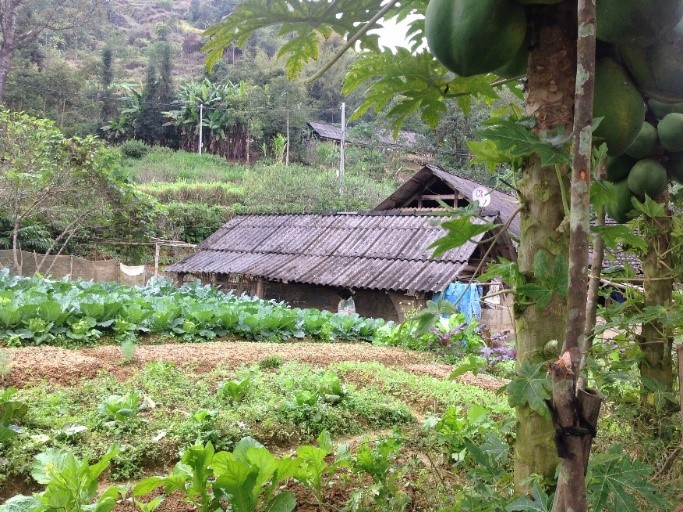 |
Ecological agriculture is a reaction and an alternative to some of the strategies which have been used by government and donors during the last 50 years, and which have had a damaging effect on rural society and agricultural ecosystems. These damaging strategies include FARMING TECHNOLOGIES which degrade the natural resource base and require high levels of external inputs (including toxic chemicals), and AGRICULTURAL RESEARCH AND EXTENSION SERVICES which are based on the notion that technology should be developed by specialists and transferred to recipient farmers through messages and demonstrations Ecological agriculture entails farmers making decisions and applying practices with the aim of sustaining or enhancing natural regenerative processes and stabilizing interactions within local agro-ecosystems. In practice, this includes: |
Insect pests
The management of insect pests by taking account of population dynamics, natural enemies, and plant compensation.
Soil fertility
The management of soil fertility by taking account of soil structure and composition, nutrient cycling and the action of microorganisms.
Crop varieties
The management of crop varieties by taking account of genetic diversity, the dynamics of resistance, and local adaptation.
Cropping pattern
The overall management of a cropping pattern by taking account of local landscape, the flow of inputs and outputs on the farm, and the multifunctional nature of agricultural production.
A basic premise of ICERD is that farmers can and should become experts in ecological agriculture. The Farmer Field Schools (FFS) is a proven approach to achieving this goal. The FFS involves groups of farmers studying the ecosystem in their own fields, conducting their own experiments, and carrying out their own analysis of problems and options. Integrated Pest Management is often the core subject of the FFS, but attention is also given to soils and seeds.
The staff of ICERD and Implementation Organisations have played an major role in the development and management of agro-ecology training programmes across Asia, resulting in millions of farmers graduating from Farmer Field Schools.


